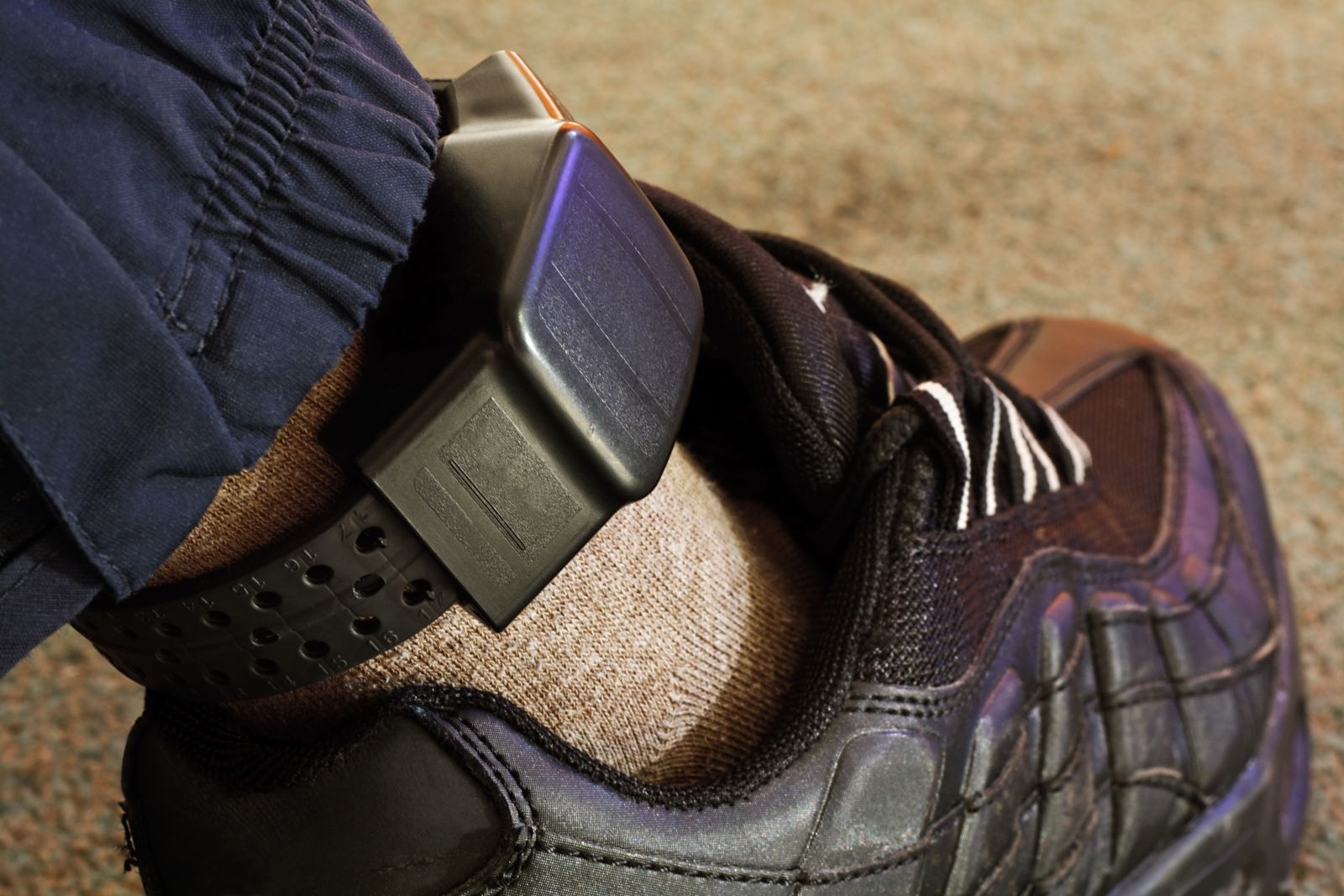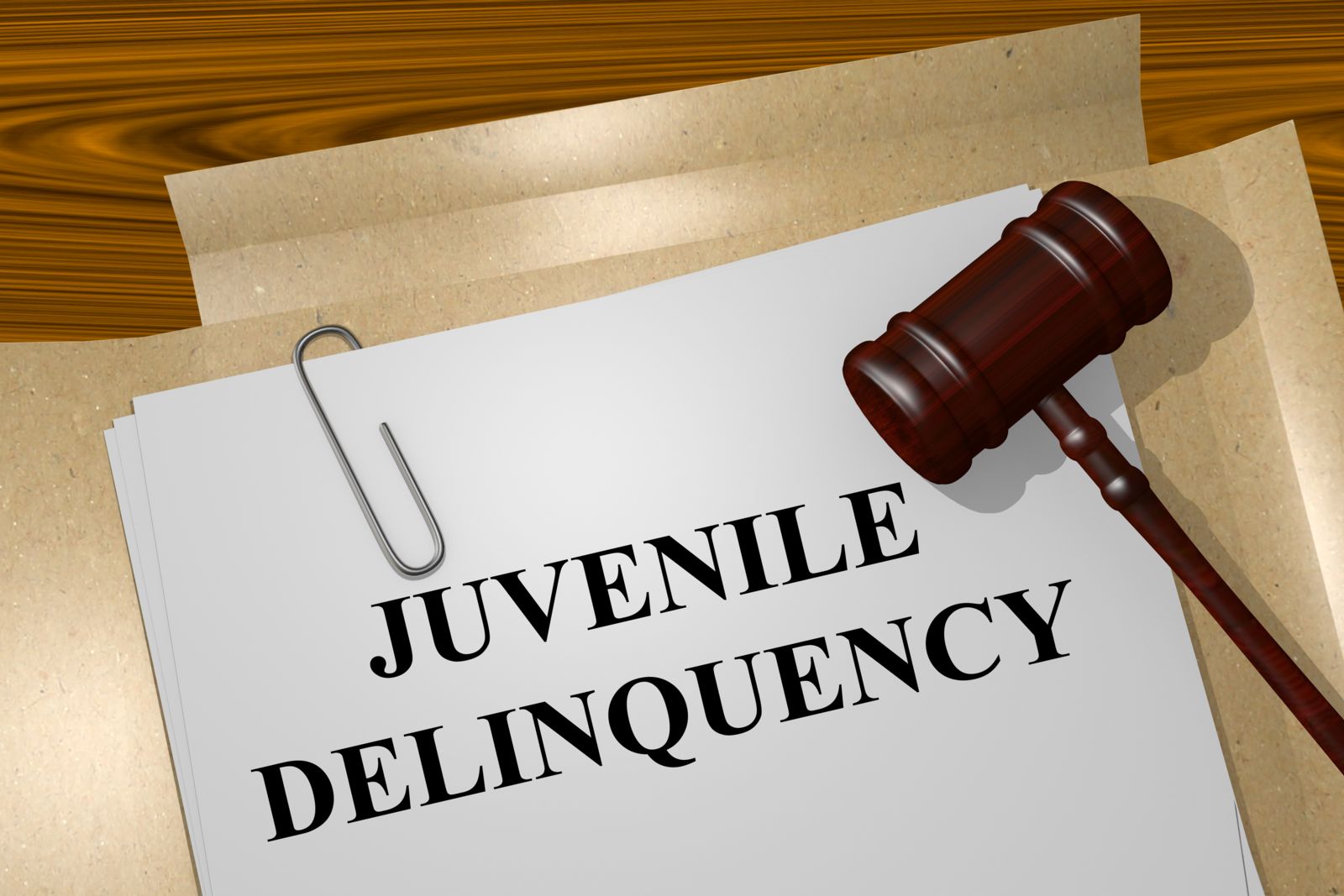Pre-Trial First Time Diversion Drug and DUI Programs – Are You Eligible?
While I’ve written a number of articles about pre-trial and trial strategies if you’ re charged with an illegal drug, a narcotic criminal charge or a drunk driving offense. There are many situations where an accused individual should consider a pre-trial diversion program. While any diversion program will require you to complete and satisfy a number of conditions, it is usually a much better alternative than proceeding to trial as it is a guaranteed result. In many cases, it will not result in a criminal conviction which often the number one priority for a professional person or a rising college student. While diversion programs often seem like the logical choice, it is very important that your criminal defense lawyer explain all of the conditions prior to entering one.
Pre-Trial Diversion Program Requirements
In most situations, pre-trial diversion programs focus on non-violent offenses and usually a person is ineligible if they are charged with any offense involving violence (assault, aggravated assault, robbery, burglary), the possession of an illegal gun or firearm (Graves Act New Jersey, Violation of a Uniform Firearms Act – Pennsylvania – VUFA), or have prior convictions in one of these areas. While this is generally the case, it is extremely important that your criminal defense lawyer evaluate your eligibility even if you believe that you would not qualify for one of these programs.
District attorney Offices across the Commonwealth, including Philadelphia, Montgomery, Delaware, Bucks, and Chester Counties, all maintain some type of diversion programs. New Jersey also has diversion programs (conditional discharge) but it does not have any programs for drunk driving offenses. Keep in mind that the Garden State does not even allow prosecutors to negotiate down drunk driving charges and it is up to your defense attorney to convince the prosecutor that he or she would not be successful on certain charges in order to allow a judge to accept any amended charges.
Here are the 5 most common questions that we have received regarding diversion programs:
- What is the purpose of a diversion program, ARD, AMP, Section 17) and what should you understand prior to entering one?
- All diversion programs will require you to satisfy certain conditions. Procedurally the programs will first require you to waive any right to a speedy trial under Pennsylvania Rule of Criminal Procedure 600 (a). This means that your case could take longer than a year to work its way through the system and normally Rule 600 requires the Commonwealth to bring a case to trial within one year after a criminal complaint is filed unless there are continuances or delays due to the defense as opposed to the Commonwealth. Defense delays or continuances do not count against the speedy trial clock. If you fail to complete the diversion program the speedy trial clock will begin to run again on the date you are removed from the program under Pennsylvania Rule of Criminal Procedure 600(c)
Every diversion program is different but normally a diversion program will require a person to complete a treatment course or program. Conditions typically include things like alcohol and highway safety school (drunk driving), community service (property damage, criminal mischief, disorderly conduct, underage drinking), restitution (property damage, criminal mischief), and the payment of all court costs and fines.
In addition, there are situations where low-level offenses involving violence or terroristic threats do result in diversion disposition. In these situations condition could require a person to attend anger management, counseling, or classes. It is also important to understand that a person who enters a diversion program is on a form of probation and must remain arrest free and any type of arrest will more than likely result in their removal from the program. The length of the probation cannot exceed the maximum punishment of the law. For example, if a person is given a diversion program for a low level drug or DUI offense which is normally graded as an ungraded misdemeanor where the maximum punishment is one year, the diversion program supervision cannot exceed one year.
If a person is removed from a diversion program it doesn’t always mean an automatic conviction but there are programs which do result in a conviction if the conditions are not satisfied.
The common reasons why a person doesn’t complete a diversion program are as follows:
- Arrested for another crime
- Fails to make required payments
- Fails to complete mandated classes
- What is the ARD
program?
- ARD, (Accelerated Rehabilitative Disposition) is reserved primarily for first time drunk driving offenses. The benefit of ARD for a DUI charge is that it can result in much less of a license suspension (60 days as opposed to 1 year) and in some cases no license suspension (General Impairment DUI 3801(a)(1) – without accident).
If a person successfully completes ARD they are eligible for an expungement but it is not automatic and your criminal defense attorney must file a separate petition to clean your record. You should never assume an expungement or a clean record until you receive a court order indicating that your record is clean.
- What is the
Accelerated Misdemeanor Program (AMP)? What is the difference between AMP I and
AMP II?
- The AMP program is reserved for non-violent, first time offenders charged with misdemeanors. This program requires a person to satisfy conditions which either involves drug treatment or some type of community service depending on the actual criminal charge. Defendants have a limited time to complete these conditions and it is typically within 5 weeks after acceptance. If the conditions are satisfied, the DA’s office will withdraw prosecution and the person is eligible for an expungement without opposition. A person isn’t required to enter a plea under the AMP 1 program
AMP II isn’t for first time offenders but for those with limited convictions or non-violent pasts. Unlike AMP I, AMP II participants aren’t typically eligible for an expungement. Further, if a person fails to complete AMP II the case will not proceed to trial (unlike ARD and AMP I) but a person will proceed directly to sentencing. AMP II requires a person to enter a plea prior to acceptance into the program.
- What
is Section 17 (Probation without verdict)?
- Section 17 is reserved for non-violent drug offenses and is often referred to as probation without verdict. Similar to other diversion programs, if a person fails to satisfy conditions (because they previously entered a plea to these charges), they will proceed directly to sentencing. It is a very good result because, again, it will not result in a criminal conviction but successful competition will result in all charges being dismissed. If you fail to complete the Section 17 program, your case will proceed directly to sentencing and you will not have a trial
Conclusion
Pre-Trial Diversion Programs may be a great option for you but never assume that you are eligible and never assume that a diversion program is your best option. Always talk to a qualified criminal defense lawyer!


